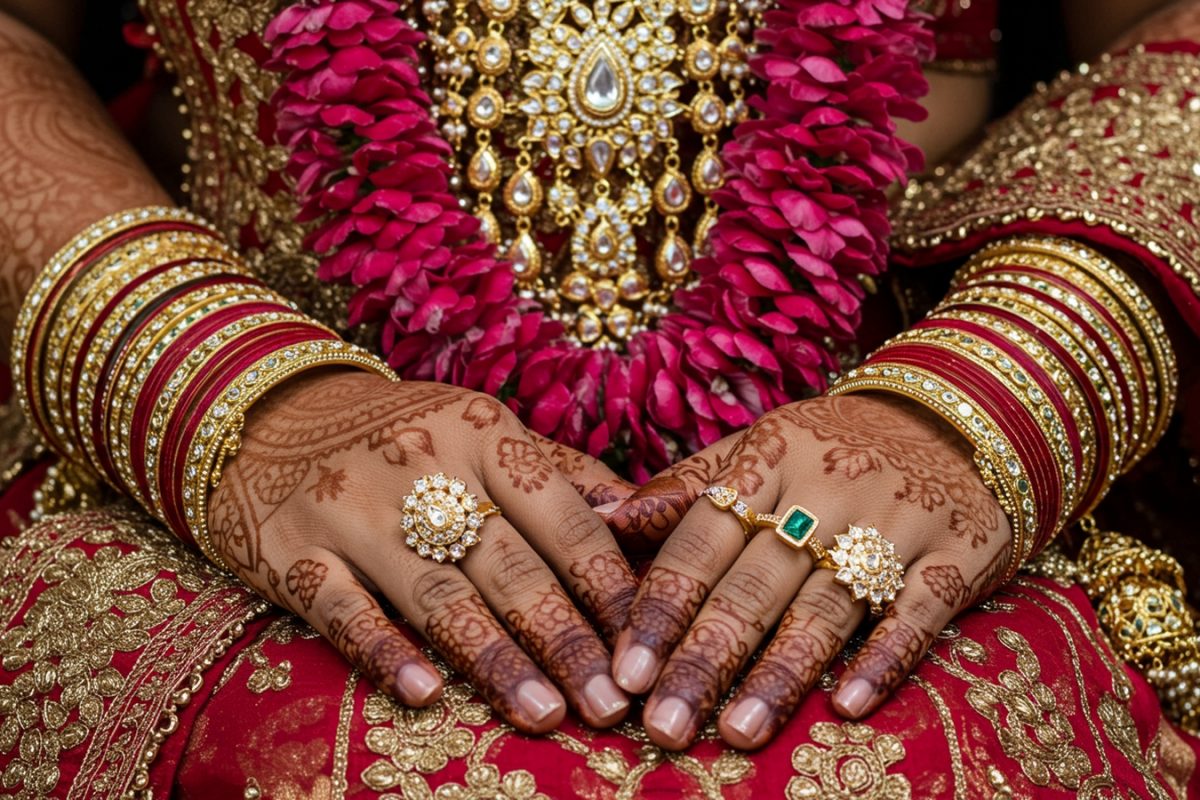

The Allahabad High Court has strongly criticized a family for objecting to a 27-year-old woman's decision to marry a man of her choice, citing a "value gap" between constitutional rights and societal norms. Hearing a plea on Tuesday, June 17, 2025, Justice JJ Munir and Justice Praveen Kumar Giri described the family's resistance as "despicable," emphasizing that the right to marry a person of one's choosing is protected under Article 21 of the Indian Constitution.
The case arose from a First Information Report (FIR) filed by the woman, alleging that she faced threats of abduction from her father and brother due to her marriage choice. The petitioners, the woman's father and brother, sought to quash the FIR, which was lodged under Sections 140(3), 62, and 352 of the Bharatiya Nyaya Sanhita (BNS).
The court, while addressing the plea, firmly stated that objecting to an adult woman's decision to marry a man of her choice is unacceptable. The bench noted, "At least that is the right which every adult has under the Constitution by virtue of Article 21." While the court acknowledged that there was no conclusive evidence of the petitioners' intent to abduct her, it highlighted that the case reflects a broader societal issue: the disparity between legal rights and traditional social norms.
The High Court stayed the arrest of the father and brother in connection with the FIR. Simultaneously, the court issued directives to ensure the woman's safety and freedom. The family is restrained from interfering in her life, including any form of assault, threats, or contact with her or the man she intends to marry or live with. The court also barred the family from contacting her through telephone, electronic devices, the internet, or through friends and associates. Additionally, the police were instructed not to interfere with the woman's freedom and liberty in any way.
The court pointed out the larger societal issue, stating that it did not know whether the petitioners, the woman's father and brother, really intended to abduct her, adding that the case reflected a larger societal issue, i.e., the 'value gap' between constitutional and social norms.
The court highlighted that incidents like these would continue to occur as long as a gap persists between the values fostered by the Constitution and those cherished by society. This statement underscores the ongoing tension between progressive legal standards and conservative societal expectations, particularly concerning a woman's autonomy in choosing her life partner.
Notices have been issued to the state government and other authorities, requiring them to file a counter-affidavit within three weeks. The case is scheduled to be heard again on July 18, 2025.
This ruling reinforces a prior directive from the Allahabad High Court, which instructed the Senior Superintendent of Police (SSP) in Bulandshahr to protect a newlywed couple facing resistance from the woman's family. The court, in that instance, emphasized that an adult woman has the right to choose her life partner and warned the SSP of accountability for any harm inflicted upon the couple. The current case reiterates the judiciary's commitment to upholding this fundamental right and addressing the underlying societal issues that impede its realization.